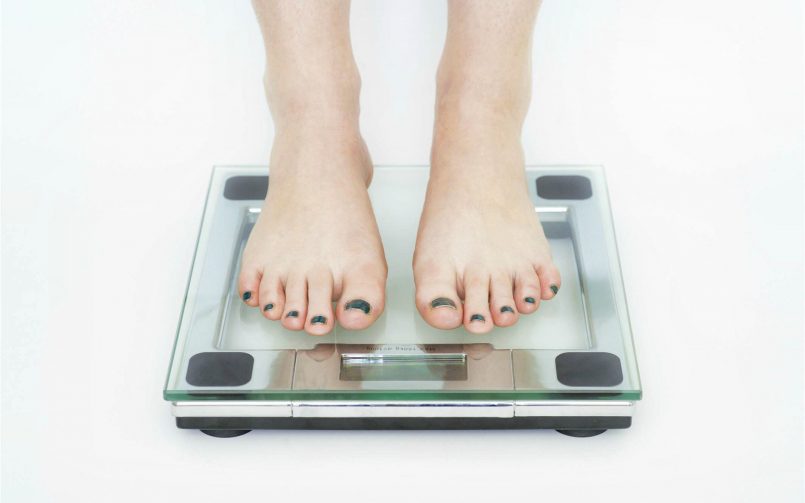
3
Jan, 2019
Biggest Weight Loss Tip for Women 40+
Have you ever joined a weight loss program with a male friend? You may have noticed that men are able to lose weight more easily than women. Unfair? I totally agree, and I am about to help you change that. Men hold a metabolic edge over women because they have more muscle, and muscles are the “workhorses” of the body for both power and burning calories.
Many women who felt slim at age 35 are still weighing the same at 45, but now consider themselves “fat”. No, it probably isn’t social conditioning. It is more likely to be the truth that they are actually carrying more fat than they used to be. The scales are not the only answer to understanding what’s going on in your body.
Consider the case of Annette who weighed 139lbs at age 35. At that time, 23 percent of her body consisted of fat. (Experts consider 18 to 23 percent body fat healthy for women ages 40 to 59). Back then, 32 of Annette’s 139lbs were fat. The rest—107lbs–consisted of bone, muscle, water, and internal organs.
By the time Annette reached age 48, her body fat had increased from 23 percent to 30 percent, yet her weight had remained the same. Her body now contains 44lbs of fat, 12 more pounds of fat than at age 35. The increase in fat is visible, she’s frustrated with trying different diets that don’t seem to work and on top of it all, Annette had lost approximately 5 pounds of muscle.
If you can relate to any of this, you will love what you are about to read!
When women gain fat and lose muscle, two things happen:
Fat isn’t as dense as muscle, so any fat gained takes up more space than muscle. Even if you haven’t gained weight on the scale, your body can appear larger, and your clothing size may even increase.
Because muscle burns more calories than fat, your metabolism slows down with the increased loss of muscle. You burn fewer calories, which can contribute to weight gain if you don’t make proper adjustments in your calorie consumption. Muscle burns up to 7 times more energy than fat, so the effect on your metabolism can be quite significant.
Annette has been extraordinarily careful about what she eats and hasn’t been able to lose weight – with good reason. The amount of lean body mass you have is an important factor in determining the rate at which you burn calories. If lean body mass drops, metabolism drops.
Every pound of muscle a woman loses slashes the number of calories she burns by as many as 30 calories a day. If she loses 10 pounds of muscle over 3 decades, she could burn 300 fewer calories each day, or a whopping 2,100 fewer calories each week. Just to put that last comment in perspective, 2,100 calories is a whole day worth of food – A whole day!
By the time she celebrates her 55th birthday, she could have lost as many as 15 pounds of muscle, and now burn 450 fewer calories each and every day.
What this means for Annette–and other women in their forties and fifties–is that maintaining muscle mass is critical as the birthdays add up. Lean muscle matters because there’s so much of it.
Calorie-burning muscle accounts for approximately 40 percent of the body mass of a normal-weight woman–that’s 56 pounds for a 140-pound woman like Annette–so it’s a major factor in energy.
Here’s some good news: Because muscle mass is linked directly to metabolic rate, women can give their metabolic engines a boost with weight training and other forms of exercise that builds muscle. Second, with eating the right sources of very lean protein you can encourage muscle development as you exercise.
Start now on a lean muscle building program! Here’s an incentive to get you started on reversing this unfair challenge now!
My instructional program W.O.W. Women on Weights is currently on sale. If you enter the coupon code buff I will take an additional $2.00 off the sale price to help you get started today!
You must be logged in to post a comment.